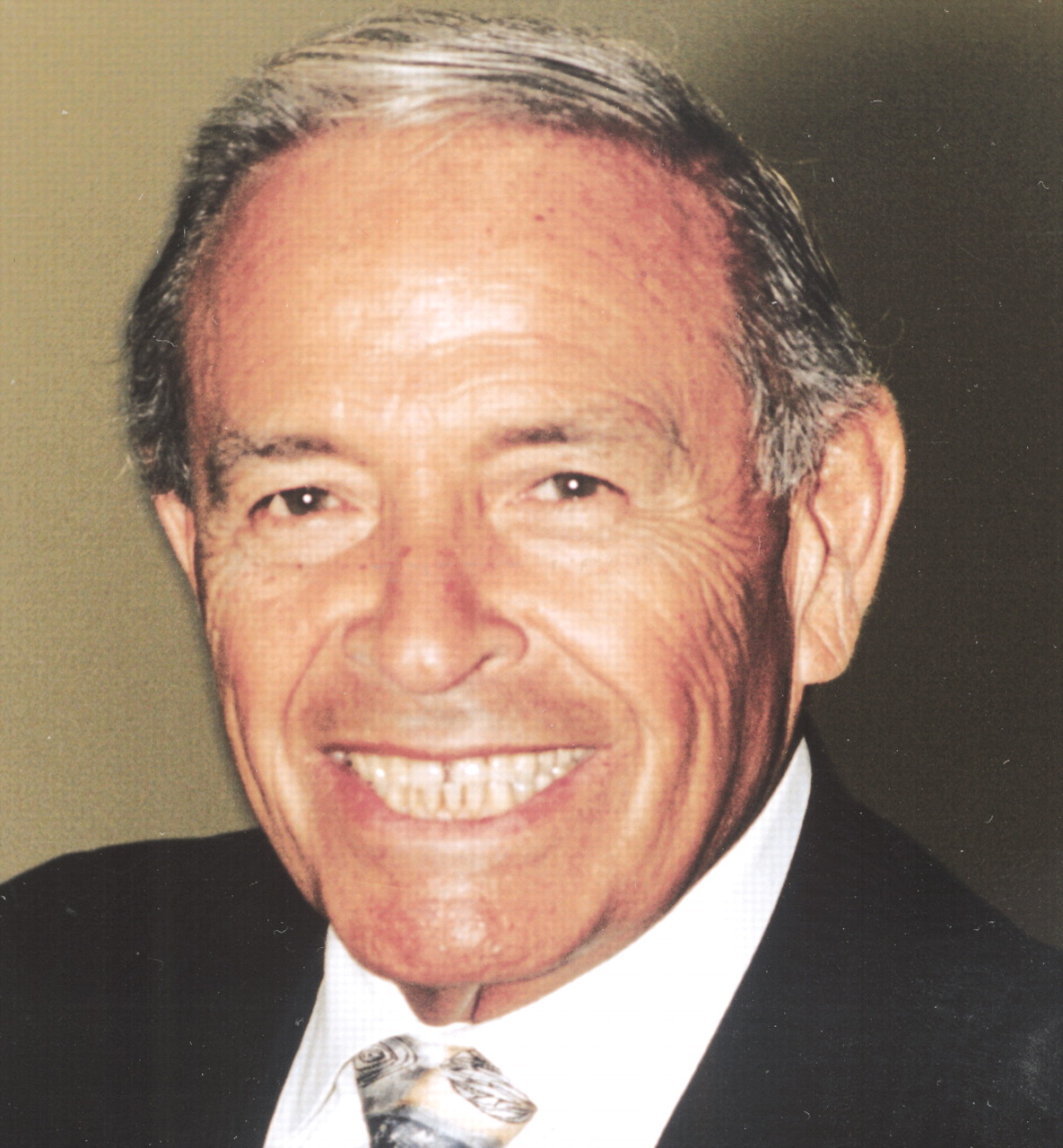“APA is a small- to mediumsized association, but we had more clout in Washington, D.C., than we ever deserved because of Jay Cutler.” This observation by APA Medical Director James H. Scully Jr., M.D., sums up the enormous impact that Cutler had on legislative and regulatory efforts to improve the care that psychiatric patients receive in the United States.
Cutler died of cancer on March 4 at age 74. For a quarter of a century until his retirement from APA in 2003, Cutler headed APA's Division of Government Relations and was a special counsel to the Association.
“Jay Cutler was not only a dedicated member of the APA staff,” Scully said, “he was a friend to many of us, as well as an outstanding asset to the APA membership and the Washington legislative team.”
APA staff who worked most closely with Cutler had special reasons to appreciate him.
“Jay was an outstanding mentor and teacher. His vision and dedication to quality care for patients continue to drive APA advocacy actions,” commented longtime colleagues Eugene Cassel, J.D., director of APA's Division of Advocacy, and Nicholas Meyers, now director of the Department of Government Relations, in a joint statement.
“Jay was a passionate and skillful advocate for causes he believed in,” Meyers said at Cutler's funeral. “What set him apart was the fact that he was the champion of the underdog—a voice for those who too often had little say in the laws and policies that affected them.”
Cutler insisted that APA's advocacy effort “be focused first and foremost on patients, not because it benefited APA, which it did, but because it was the right thing to do.”
Among the laws and regulations in which Cutler played a crucial role were the removal of the net $250 limit on coverage of psychiatric services under Medicare; the 1996 federal law mandating some degree of insurance parity for mental health care; and a law requiring that before a disabled Social Security beneficiary is denied benefits, a psychiatrist or psychologist must review the case. He helped secure congressional resolutions proclaiming Mental Illness Awareness Week. He was also instrumental in laying the foundation for the House of Representatives Working Group on Mental Illness, now known as the House Mental Health Caucus, and in securing a doubling of the National Institutes of Health's budget for mental illness research.
In remarks he placed in the Congressional Record on March 17, Sen. Arlen Specter (R-Pa.) called Cutler “a true asset to Capitol Hill and the field of mental health policy.” Specter, who worked with Cutler on several issues, noted that Cutler “worked diligently to educate people about mental health and to alleviate the stigma attached to mental illness.”
Cutler came to APA after a tenure as minority counsel and staff director for the Senate Health and Human Resources Committee, where he reported to the late Sen. Jacob K. Javits. Among his accomplishments there was drafting and shepherding to passage the Comprehensive Alcohol Abuse and Alcoholism Prevention, Treatment, and Rehabilitation Act of 1970.
He is survived by his wife, Randy, daughters Hollie and Perri Cutler, and grandchild Mikayla Lipsetts. ▪

